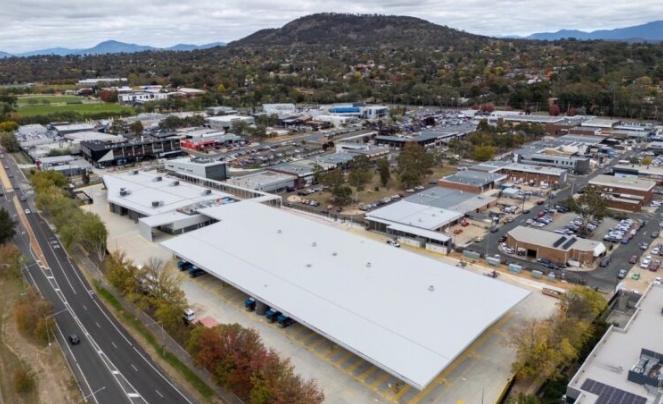The country received 241,826t of LNG in January, down by 49.1pc from 475,147t a year earlier and 35pc lower than 372,412t in December. Thailand's imports were last lower in December 2017 when it received 90,079t of LNG.
The weak imports in January came despite the country wanting to increase its LNG imports and domestic gas production, as it plans for gas to make up a greater share of its power generation mix.
Thailand in January took deliveries from just two countries, Qatar and Trinidad and Tobago. Its Qatari receipts were higher by 1.2pc from the previous month. This slight increase was unable to offset the decline in Thailand's overall January receipts.
It took the equivalent of around one cargo from Trinidad and Tobago in January. It did not receive any LNG from Trinidad and Tobago in December.
Among the two imports, the Qatari cargoes were costlier at $7.18/mn Btu, while the shipment from Trinidad and Tobago was priced at $6.09/mn Btu. The average cost of the two LNG imports was $6.92/mn Btu, higher than December's $6.38/mn Btu but lower than last January's $8.96/mn Btu.
Thailand has a 2mn t/yr, oil-linked 20-year contract with state-owned Qatargas, which started in 2015. It also has long-term portfolio supply contracts that began in 2017 with BP, Shell and Malaysia's state-owned Petronas for a combined 3.2mn t/yr.
LNG's share is expected grow to about 48pc by 2036, from around 13pc in 2019, accounting for a significantly larger share of Thailand's natural gas supply because of declining gas supplies. Thai state-owned power producer Egat also intends to procure 1.9mn t/yr of LNG for its domestic gas demand, with imports falling slightly to 1.8mn t/yr from 2022-23.
This article is reproduced at www.argusmedia.com







